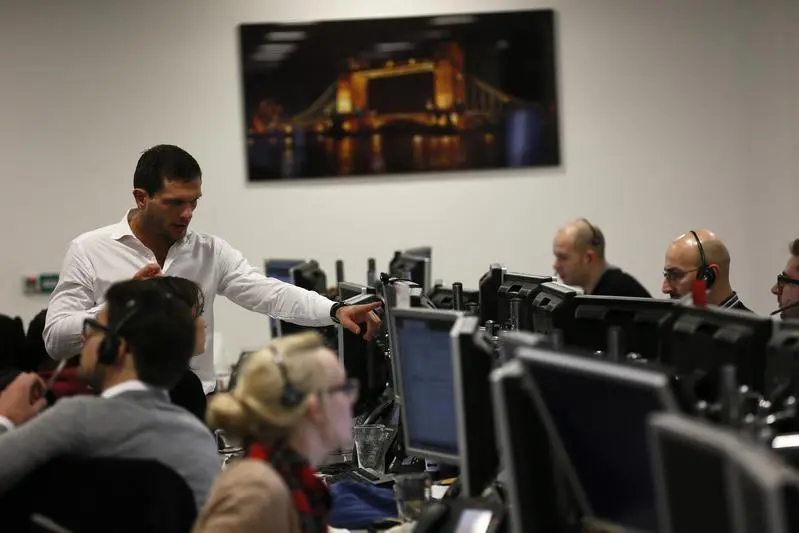PHOTO
LONDON - Shareholders need sharper teeth in the UK’s battle against high pay. The median pay of chief executives in Britain’s largest listed companies increased by 11 percent last year. Investors are increasingly trying to hold boards to account, but the government needs to give them more power.
Prime Minister Theresa May’s campaign against the “unacceptable face of capitalism” is having relatively little impact. Her Conservative-led government introduced measures to rein in executive pay, including recommending companies put workers on boards and disclosing the average ratio between CEO and workers’ pay.
Yet overall compensation is still going up, and the rise in FTSE 100 bosses’ median pay to 3.9 million pounds means it is now 167 times that of the average worker, according to a report by the High Pay Centre and the Chartered Institute of Personnel and Development. Variable pay packages known as long-term incentive plans (LTIPs), fuelled much of the jump, with some 82 CEOs pocketing a near 30 percent increase.
The rise belies a boom in shareholder activism. In the year to June, the number of votes by shareholders against the reappointment of a specific board member doubled, to 54, according to the Investment Association. Increasingly, investors are voting against companies’ remuneration policies. But those votes don’t always have teeth: companies are obliged to give shareholders annual votes on pay, but binding ones only every three years.
One option would be to give shareholders more frequent binding votes. Critics argue such a move would be distracting. A reasonable compromise would be to automatically give shareholders a binding vote the following year whenever a certain threshold is exceeded in a non-binding vote, say 25 percent.
Clearer performance targets would also help. The steady increase in the size of LTIPs suggests that the targets that executives are required to hit are not tough enough. In some cases, companies do not even disclose what they are. But if companies were forced to publish all their targets, shareholders would find it easier to hold them to account, and bring down pay.
The government may be nervous about getting too tough on pay, for fear of losing talent to other countries, or non-listed companies. Yet opposition leader Jeremy Corbyn has already floated the idea of limiting CEO pay to 20 times that of the average worker. The softer the government is seen to be, the greater the chance that he will put his policies into action.
On Twitter https://twitter.com/aimeedonnellan
CONTEXT NEWS
- The median pay of chief executives of companies included in the UK FTSE 100 index increased by 11 percent in 2017 to 3.9 million pounds from 3.5 million pounds in 2016, a report published on Aug. 15 by the High Pay Centre and the Chartered Institute of Personnel and Development showed.
- The ratio of median pay for FTSE 100 chief executives to that of the median UK workers rose to 167 to 1 in 2017, from 153 to 1 a year earlier. Payments from long-term incentive plans for CEOs of FTSE 100 listed companies were 313 million pounds in 2017, up from 213 million pounds in 2016.
- The mean pay of FTSE 100 chief executives, rose by 23 percent in 2017 to 5.7 million pounds, according to the CIPD report. Mean salaries for all workers in the UK increased by 2.5 percent last year to 29,009 pounds according to data from the Office for National Statistics.
(The author is a Reuters Breakingviews columnist. The opinions expressed are her own.)
(Editing by Neil Unmack and Karen Kwok)
© Reuters News 2018





















